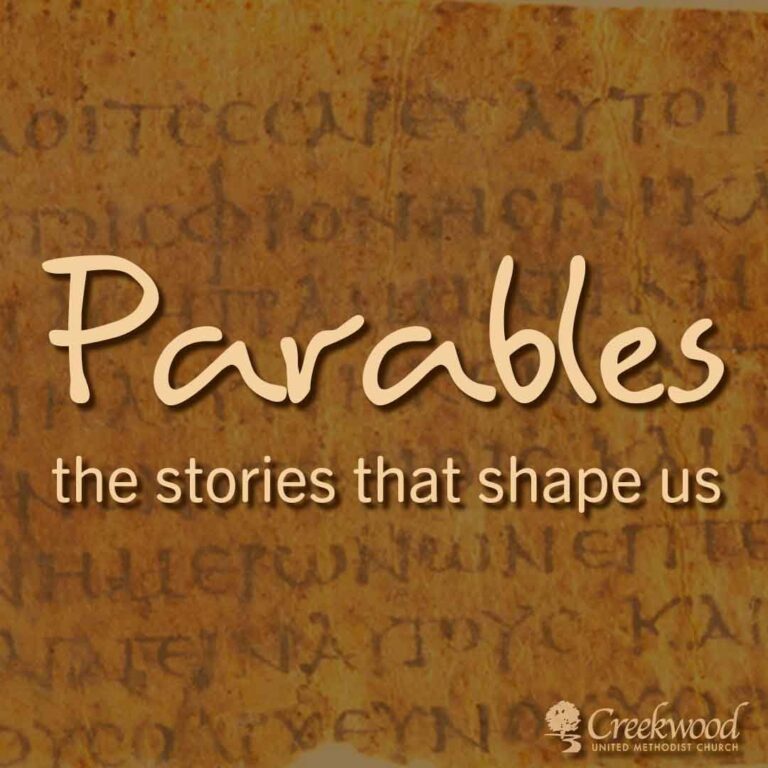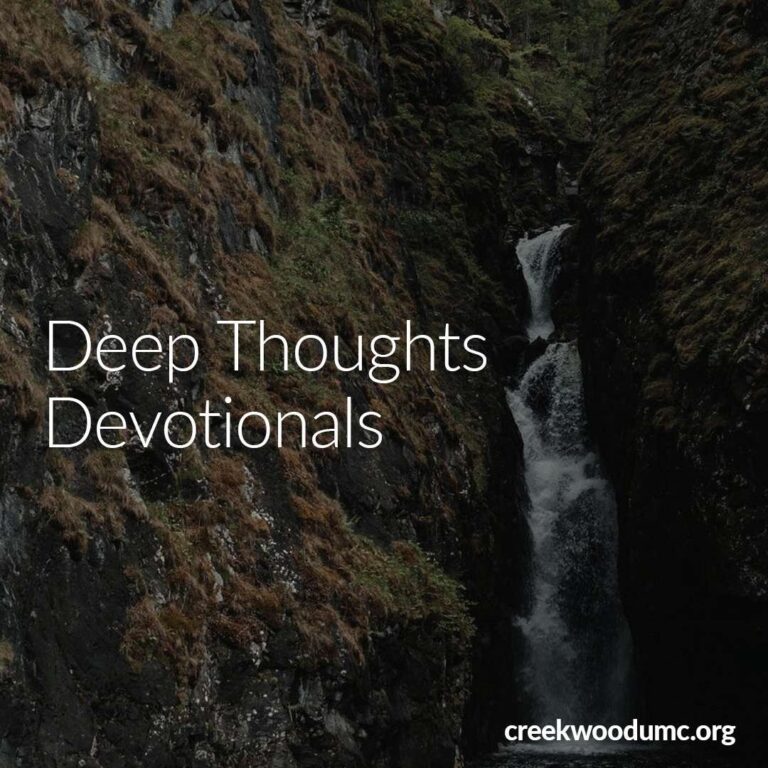Ashes to Amor and Dust to Love?

“…then the LORD God formed man from the dust of the ground, and breathed into his nostrils the breath of life; and the man became a living being.” – Genesis 2:7 (NRSV)
“…By the sweat of your face you shall eat bread until you return to the ground, for out of it you were taken; you are dust, and to dust you shall return.” – Genesis 3:19 (NRSV)
“When the news reached the king of Nineveh, he rose from his throne, removed his robe, covered himself with sackcloth, and sat in ashes.” – Jonah 3:6 (NRSV)
“They shall put on sackcloth, horror shall cover them. Shame shall be on all faces, baldness on all their heads.”- Ezekiel 7:18
To find out more about the history and significance of Ash Wednesday, click on this article from UMC.org. I hope you’ll join us for our special worship tonight at 7pm for a very meaningful occasion to mark the start of the Christian season of Lent.
What I’m interested in right now is how ashes relate to the love of God we keep talking about?
Because the ashes symbolize our finite mortality.
They symbolize sorrow.
They symbolize mourning.
Where’s the Good News?
Let’s start with Ezekiel and Jonah. Both are stories of sorrow…maybe even shame. The king of Nineveh has been confronted with his short comings, just as the Israelites have been in Ezekiel, Isaiah, Jeremiah, and almost every other prophetic work in the Old Testament. Ironically, historically, both are being cruel towards the Jewish people by oppression and elitism, which both go very much against the desires of God as found in the Torah. They respond with ashes and sackcloth, which were traditional signs of mourning and repentance.
But they didn’t have to.
They could have doubled-down on their own justification. The king of Nineveh could have played chicken with destruction, and the Israelites could have remained convinced that the poor should suffer at the hands of the rich. They could have been confronted with their own limited wisdom and scoffed at the prophets of the one with infinite wisdom.
Because we do that…a lot.
In our own subconscious quest for status, dominance, and immortality, the accusation of being a fallible human seems unconscionable. I’m sure you’ve experienced a child (or an adult) confronted with something they obviously have done wrong, and instead of apologizing and moving on you find yourself in an argument that will never end. It takes a lot of wisdom and strength to apologize and be mortal – and we are often too weak to realize our limitations.
But these two groups apologize. They mourn their sinfulness. They recognize their limitations. And that is a giant first step when we’re in a loving relationship. Saying we are sorry is a pathway towards intimacy, because it shows the respect we have for the needs of the other person – which might just be on definition of love out of many.
In Ash Wednesday, we are faced with our own finite mortality and the limitations that come with that, not because God is accusing us of any specific abomination, but because compared to God we are merely human. We could double-down on our pride and see what that gets us, OR we can vulnerably recognize our need for God and pledge to submit our lives to God’s care and wisdom – trusting that it will be temporarily and eternally more beneficial.
Dust represents what we were metaphorically made from – organic material that eventually deteriorates. Dust marks that we recognize that we are but human. But in Ash Wednesday our admission isn’t frightening. It’s a vulnerable step towards the God who enlivened that dust to be the amazing humans God loves.
As I’ll say tonight and every Ash Wednesday: “God can do a lot with a little bit of dust.”
Peace,
David Lessner





